Victoria’s renewables fast-track ‘will lead to terrible decisions’: expert
The Victorian government’s plan to fast-track approvals for renewable energy projects will lead to ‘terrible decisions’, an eminent planning expert warns.
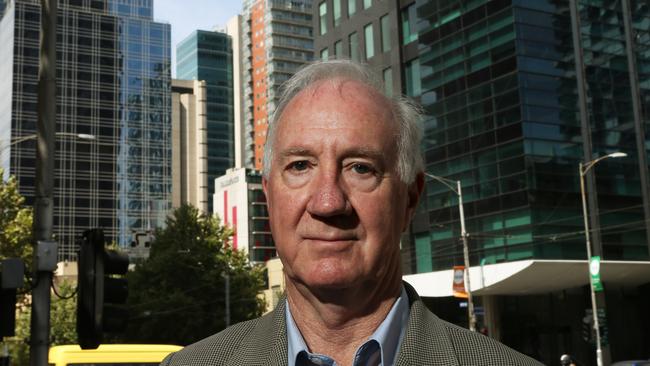
The Victorian government’s plan to fast-track approvals for renewable energy projects will lead to “terrible decisions”, with wind and solar farms being “placed in the wrong locations”, an eminent planning expert warns.
RMIT Emeritus Professor of Environment and Planning Michael Buxton also warned the new scheme leaves communities with no avenue for appeal unless they can find a legal loophole and afford costly Supreme Court action.
Professor Buxton said the shake-up to planning laws cements the state’s reputation for having the “most radically centralised and autocratic model of decision-making” in the country” with negative consequences for biodiversity, farmland and Victoria’s landscape, prioritising the state’s renewable energy target of 95 per cent by 2035 above all else.
The changes, announced by Victorian Premier Jacinta Allan last week, are intended to reduce the time taken from an application being submitted to it being approved down to four months, concentrating power in the hands of Planning Minister Sonya Kilkenny.
The government is removing the requirement for applications to go before a planning panel, referring them instead to an in-house panel in the planning department, and revoking the right for third parties to appeal to the Victorian Civil and Administrative Appeals Tribunal.
The scheme will apply from April 1 and extends to renewable energy projects rules introduced for large residential developments as part of the government’s “big housing build” late last year.
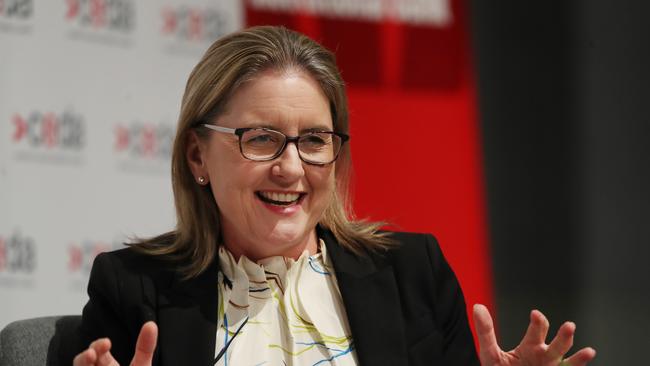
“The Victorian Labor government now for some years has been progressively removing local government and communities and other interested parties from decisions on planning issues,” Professor Buxton said.
“They’ve increasingly adopted an autocratic model of decision-making, centralising decisions with the minister. It’s now become the most radically centralised and autocratic model of decision-making in the country, so it’s no surprise that they’ve extended it to renewable energy projects.
“The minister has the final say, and the minister can override a recommendation not to proceed, or to proceed in a different way.
“The really key aspect of this is that it removes any third-party rights of objection or appeal, so it removes local councils from the process, and it removes local communities, including people who may be adversely affected.
“Wind and solar generating facilities will be placed in the wrong location. It’s likely that all those broader impacts, the loss of farming land, the impacts on biodiversity and landscapes, won’t be properly considered, and what will really only matter will be the need to complete the project, anywhere, no matter what.”
Prof Buxton said those wishing to object could only appeal to the Supreme Court on legal grounds, “not planning or policy grounds”.
“If somebody wants to take legal action, they’ve got to find a legal loophole in the way the process operated. That’s often hard, because the government tries … to close off such possibilities, through using the power of government,” he said.
“It’s also incredibly expensive. To go to the Supreme Court costs a lot of money, so it’s out of the reach of most people.”
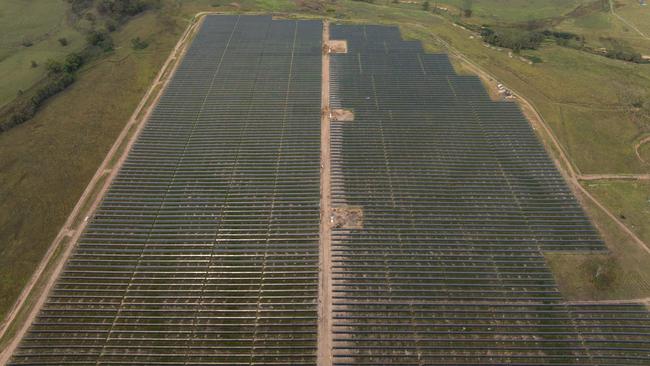
Law firm Hall & Wilcox indicated in a note to clients, who include large renewable energy developers, that projects requiring an Environmental Effects Statement will be ineligible to be fast-tracked.
“This should bring some comfort to communities and environmental groups that projects in sensitive areas that trigger a referral under the EES regime will still be subject to third-party submissions and a public inquiry hearing if necessary,” partner Meg Lee and lawyer Richard Goodlad wrote.
However, it is the Planning Minister who has discretion over whether projects require an EES, unless they meet trigger conditions such as involving removal of 10ha or more of native vegetation or impact Ramsar wetlands.
Victorian Farmers Federation president Emma Germano said the “arrogance” displayed by the government was “astounding”.
“Here is a government compensating for their failure to plan and their bureaucratic bungles. The community trust in these projects couldn’t be less – and the government’s response is to speed up their steamroller,” she said.
“The Victorian government have no concern about food and fibre production in this state, despite agriculture being an economic powerhouse, and feeding our growing population.”
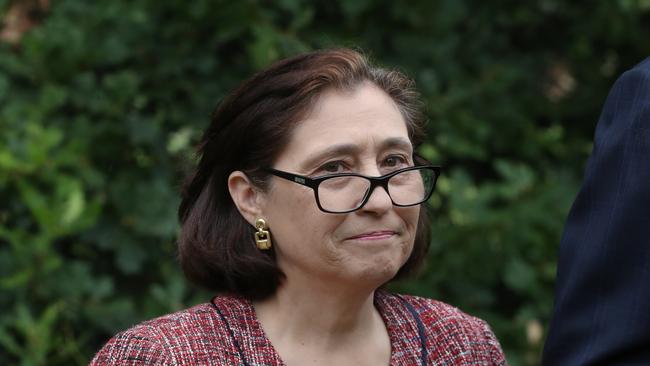
Opposition energy spokesman David Davis said the government’s “outrageous and undemocratic” move would override the wishes of local communities.
“Whatever your view about renewable energy, there should be a proper process that ensures communities can have their say,” Mr Davis said.
A Victorian government spokeswoman said streamlining planning approvals for renewable energy projects was necessary “to keep the lights on and bills down”.
“Of course Victorians will still be able to have their say and our planners will continue to respond to every submission … and unresolved issues will be referred to our advisory committee,” she said.
More Coverage
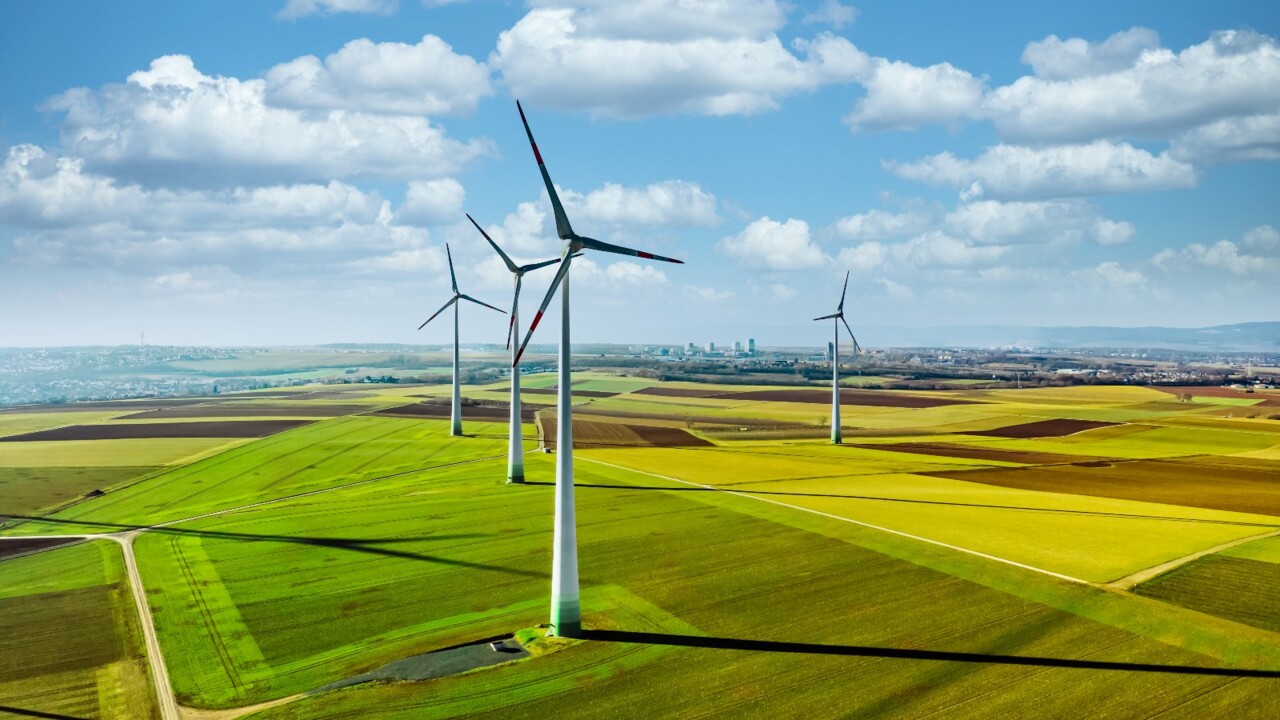


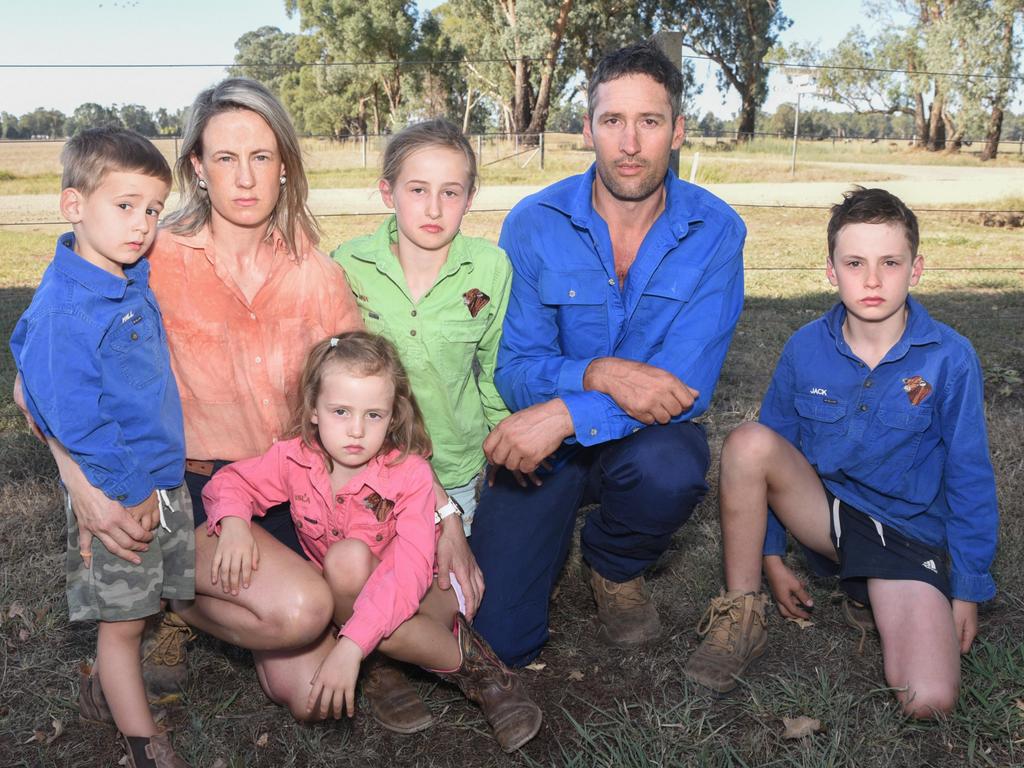

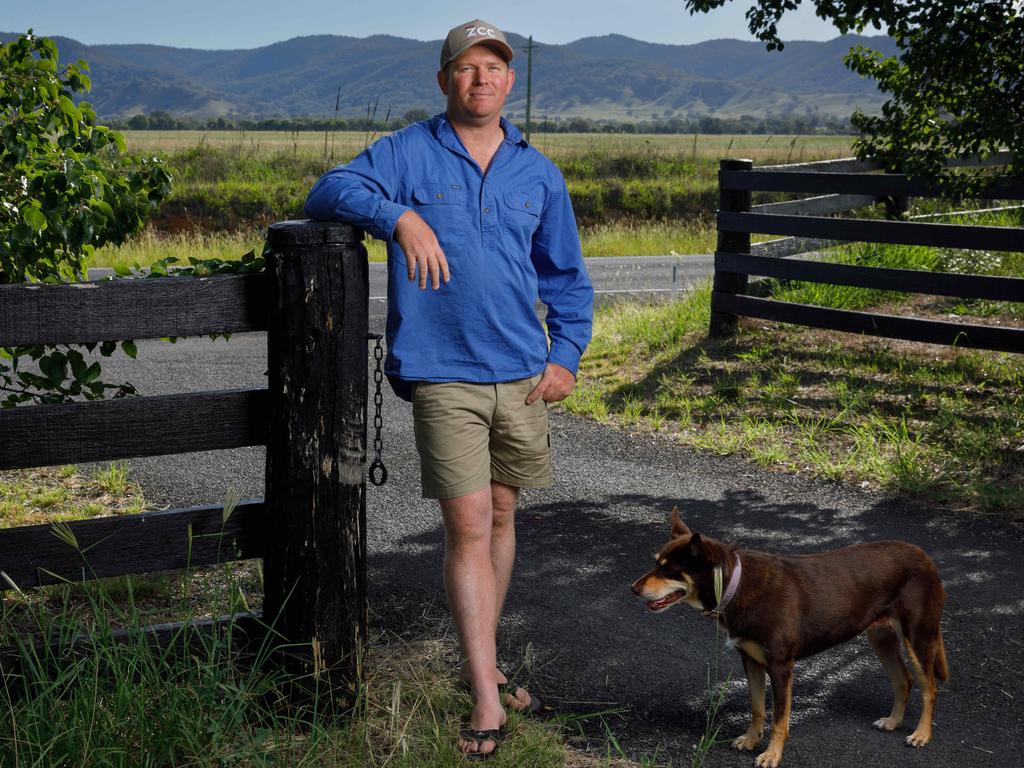
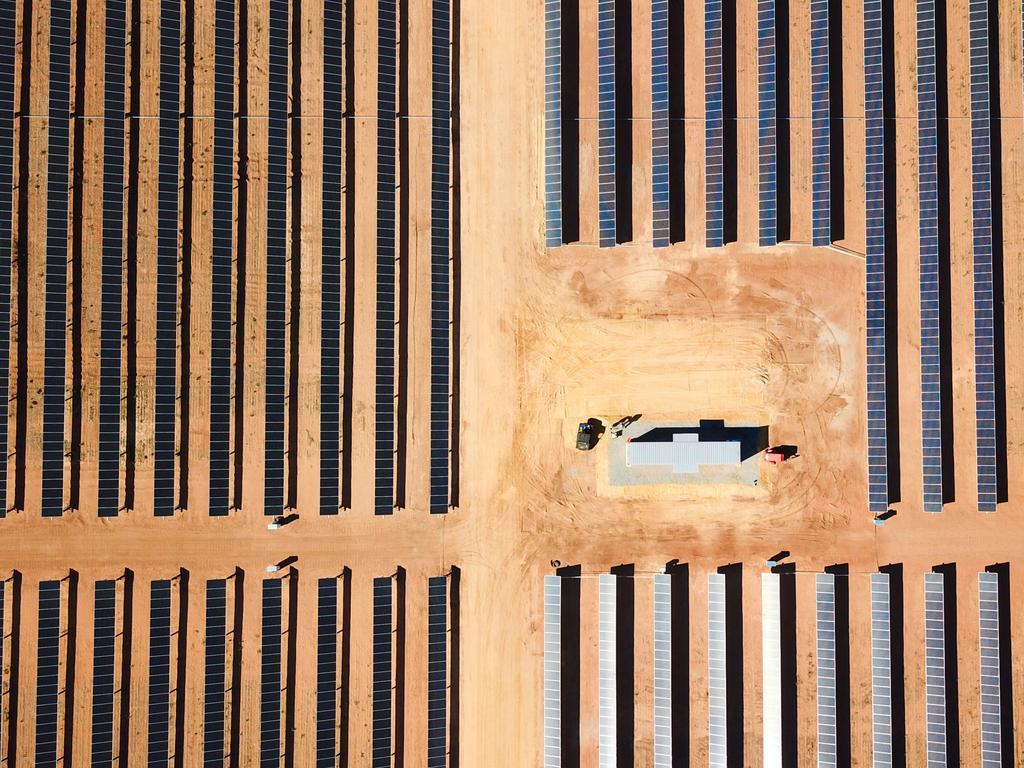


To join the conversation, please log in. Don't have an account? Register
Join the conversation, you are commenting as Logout